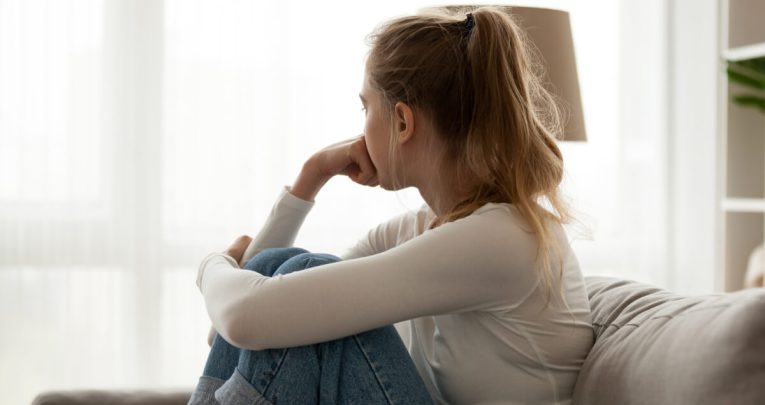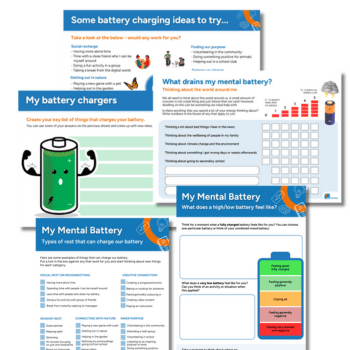Harmful sexual behaviour – 5 signs that your students may be at risk

Carmel Glassbrook highlights five visible indicators that harmful sexual behaviour may be affecting the children and young people in your care

- by Carmel Glassbrook
- Safety and security online specialist at SWGfL

In 2021, Ofsted published a review of sexual abuse in schools and colleges which found that sexual harassment and online sexual abuse of children was ‘More prevalent than adults realise.’ For some students, such incidents had become so commonplace that they ‘consider them normal’ and ‘see no point in reporting them’.
In a research review authored by Professor Simon Hackett in 2014, harmful sexual behaviour is described as “Behaviour expressed by children and young people under the age of 18, which is developmentally inappropriate, may be harmful towards self or others, or abusive towards another child, young person or adult.”
Together, we must work to develop a culture where harmful behaviour isn’t tolerated, and children feel safe to come forward and report. Below are five examples of how harmful sexual behaviours could be displayed by students, along with guidance on how you can manage or respond – though this is by no means an exhaustive list.
1. Sexual language or behaviour that is advanced for a child’s age
This may be a sign that the young person is viewing sexual material or pornography online, presenting an opportunity for you to discuss with them the impact of this. Direct conversations of this type are not easy to have, so you may find that a broader discussion regarding the harmful impact of adopting behaviours displayed in pornography may be helpful.
Further advice on handling this topic can be found in an SWGfl guide.
2. Regular use of aggressive or sexualised language directed at others
To prevent the use of harmful language by students, discuss why the use of sexualised and sexist language can be damaging.
If you believe that a student has been affected by such behaviours, try and have a sensitive conversation with them to better understand the situation; any behaviour presented as a ‘joke’ should be taken just as seriously as other comments.
3. Talking about sexual experiences with anxiety or uncertainty
This could be a sign that they have been affected by harmful sexual activity. It’s important to broach the subject sensitively, asking what’s troubling them and listening to what they have to say. This may mean they will be more likely to approach you or a member of staff in future if they have any concerns.
Peer pressure can add to young people’s confusion when deciding if they’re ready to begin engaging in sexual activities, so it’s important for them to understand the principles of consent and learn to trust their own instincts.
Learning about sex and relationships in lessons affords opportunities to discuss what constitutes a healthy relationship – the main message being that no one should be pressured into anything, particularly any sexual activity they’re uncomfortable with.
4. Disclosure of non-consensual sexual contact
If a student self-discloses a non-consensual sexual contact, you should always encourage them to discuss it further. An essential aspect of ensuring victims feel safe and comfortable talking to you is reassuring them that they’ll not get into trouble for telling you, and that they’ve done the right thing in coming to you.
Students should feel informed and empowered about what is appropriate and inappropriate touching. When broaching these topics, use language that can’t be misunderstood.
5. You discover a child is sending and/or receiving illegal images or pornography
If an incident is reported to you, you must establish if it is consensual or not. Explain that relationships should involve mutual respect from both sides, and make both parties feel safe. Some useful guidance issued by the government and the UK Council for Internet Safety can be found here.
If you believe students at your school are displaying any of the harmful or inappropriate sexual behaviours described above, you can access relevant resources and further support from the Harmful Sexual Behaviour Support Service.
Delivered in partnership with the Marie Collins Foundation, this service is funded by the Home Office in collaboration with the DfE. It’s available from Monday to Friday, 8am to 8pm, by calling 0344 225 0623 or emailing hsbsupport@swgfl.org.uk
Carmel Glassbrook is a safety and security online specialist at SWGfL; for more information, visit swgfl.org.ukor follow @swgfl_official. Browse resources for Sexual Health Week.










